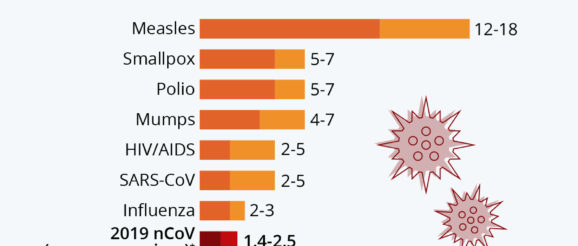An expert in human behaviour explains our reaction to coronavirus | World Economic Forum

It is clear that, when public health authorities have to face outbreaks, the Achilles heel is a proper understanding and representation of “real” human behaviour in policies and interventions. Getting people to cooperate towards the goal of containment (self-imposed quarantines, washing hands, limiting travel and gatherings), reducing number of free-riders (hand-sneezers, employees going to work even if sick) to a minimum and avoiding extreme risk perceptions (panic and dismissal) is as important as closing schools and increasing the number of beds in intensive care.
Nevertheless, this is not a trivial task and behavioural experts can explain why. For example, the likelihood of infections and associated health risks can be over or underestimated. People find it very difficult to process representations of risk, especially if these are expressed in odds, percentages and probabilities, but also when these are represented with adjectives (such as “rare”, “common” or “minor”), owing to the inherent ambiguity of these words. This leads to divergent interpretations, often very far from the intent of the communicators.
